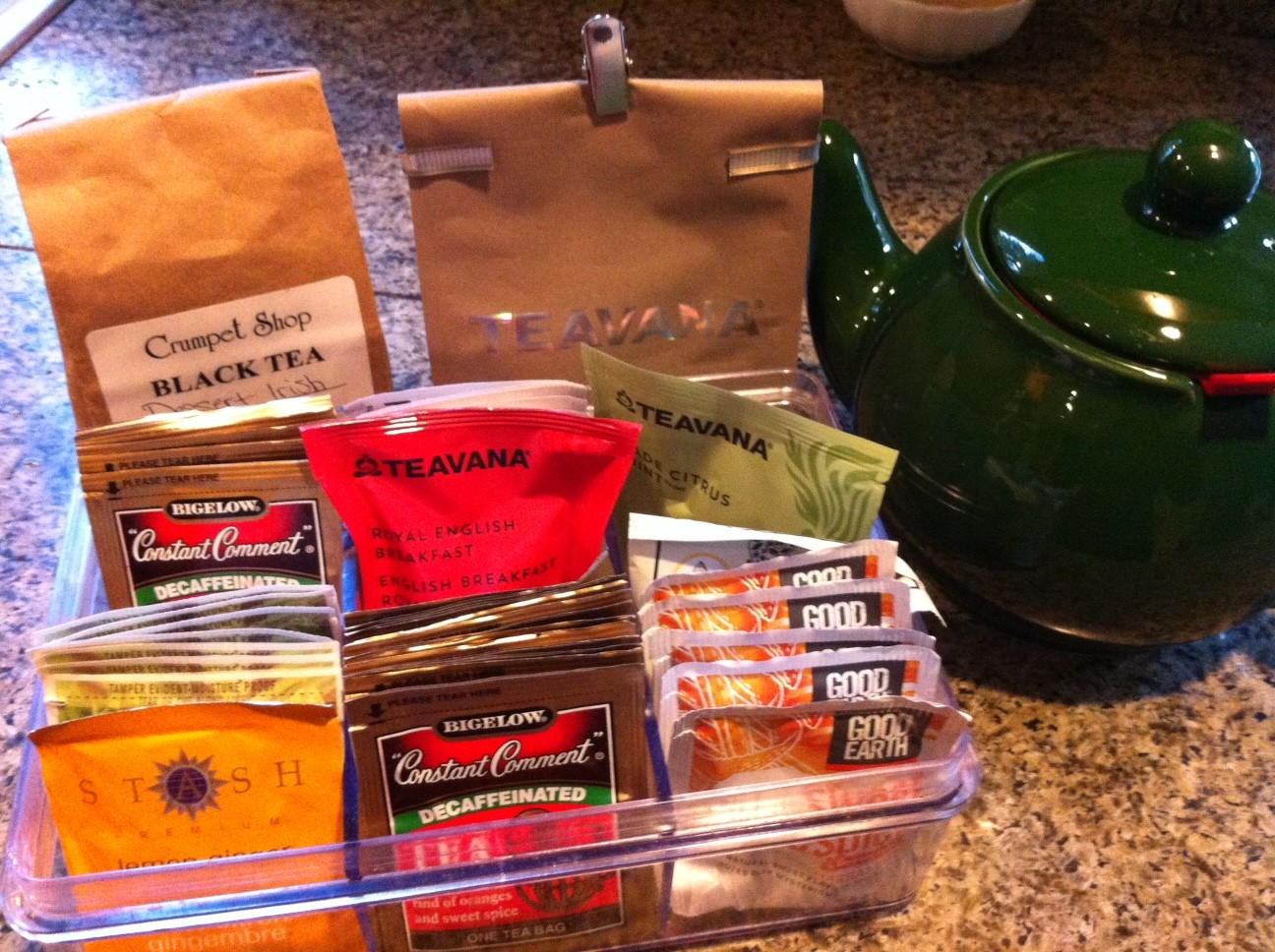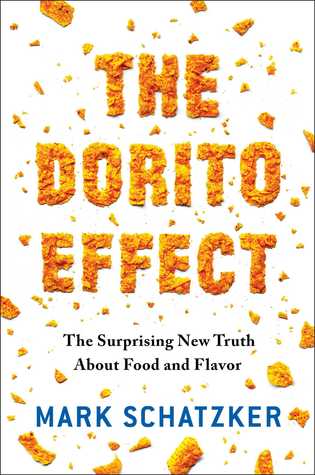Whoa. I meant to do a post on interesting food links monthly, but a quick scroll reveals I haven't done a Hot Off the Skillet since early January. There's always exciting news in the food and nutrition world, beginning with this link I saw today! Researchers at Johns Hopkins University have found a daily cup of tea may reduce heart attack and cardiovascular risk? Beginning in 2000, they followed 6000 study participants, who were free of heart disease at that time. Eleven years later, it was the tea drinkers who showed 1/3 fewer incidences of "heart attack, stroke, chest pain, or...other types of heart disease." Yay, Earl Grey!

In other  happy news, you'll remember I wrote about my favorite food/nutrition book of 2015, Mark Shatzker's The Dorito Effect. Because I also follow him on Twitter, I heard about his recent Epicurious article, holding out the promise of better-tasting real food in the future. As he discussed in the book, for years folks bred supermarket food for looks and speed and durability, letting actual flavor go by the wayside. Hence the baseball-hard tomatoes that taste like drywall and grocery-store chicken with all the flavor of tofu, only with a texture even more revolting. But, joy of joys, flavor is making a comeback, and not just the flavors found in a chemistry lab. Agricultural think tanks are working on breeding flavor back in--the old-fashioned way, by crossing plant varieties and hoping for good results.
happy news, you'll remember I wrote about my favorite food/nutrition book of 2015, Mark Shatzker's The Dorito Effect. Because I also follow him on Twitter, I heard about his recent Epicurious article, holding out the promise of better-tasting real food in the future. As he discussed in the book, for years folks bred supermarket food for looks and speed and durability, letting actual flavor go by the wayside. Hence the baseball-hard tomatoes that taste like drywall and grocery-store chicken with all the flavor of tofu, only with a texture even more revolting. But, joy of joys, flavor is making a comeback, and not just the flavors found in a chemistry lab. Agricultural think tanks are working on breeding flavor back in--the old-fashioned way, by crossing plant varieties and hoping for good results.
Like heirloom tomatoes, but wish they were sturdier? Now's your chance to get tomato seeds for Garden Gem and Garden Treasure, two new varieties which are already winning taste contests! For a small donation to the University of Florida's Klee Laboratories you'll receive 15 seeds of each kind, just in time to get them started indoors.
And lastly, as we find ourselves in a strident political season, I always like to show bipartisanship. Having referenced the Environmental Working Group's Dirty Dozen and Clean Fifteen produce lists in the past, I now present the other side, in which our supermarket produce is found to be very, very clean, according to USDA pesticide sampling, as reported in Forbes. The author makes a couple good points, including the fact that pesticide residue can be found in both conventional and organic produce (some organic countermeasures are allowed but act similarly to regular pesticides). I would love to believe our fruits and vegetables more than meet the EPA's tolerances. What is a tolerance? "The tolerance is generally 100 times less than a dose that could cause any ill effect. The allowed residues are also lower than the levels of natural pesticidal compounds that many crops make to defend themselves." (As Mark Schatzker also discussed in his awesome book, plants do produce natural toxins so they don't get eaten or eaten at the wrong time by every Bird, Cow, or Billy Goat Gruff.)

Tolerable produce still doesn't address the issue of agricultural workers who are exposed to higher levels of pesticides, however, in producing the crop. Nor does it dispel that niggling memory I have of the potato farmer in Michael Pollan's The Botany of Desire, who farmed conventional potatoes for all of us, but only fed his family from the small organic plot behind the house... But, hey, it's still good news for when we can't resist that out-of-season basket of berries. Berries below tolerance!
May it hold us until Opening Market Day.




